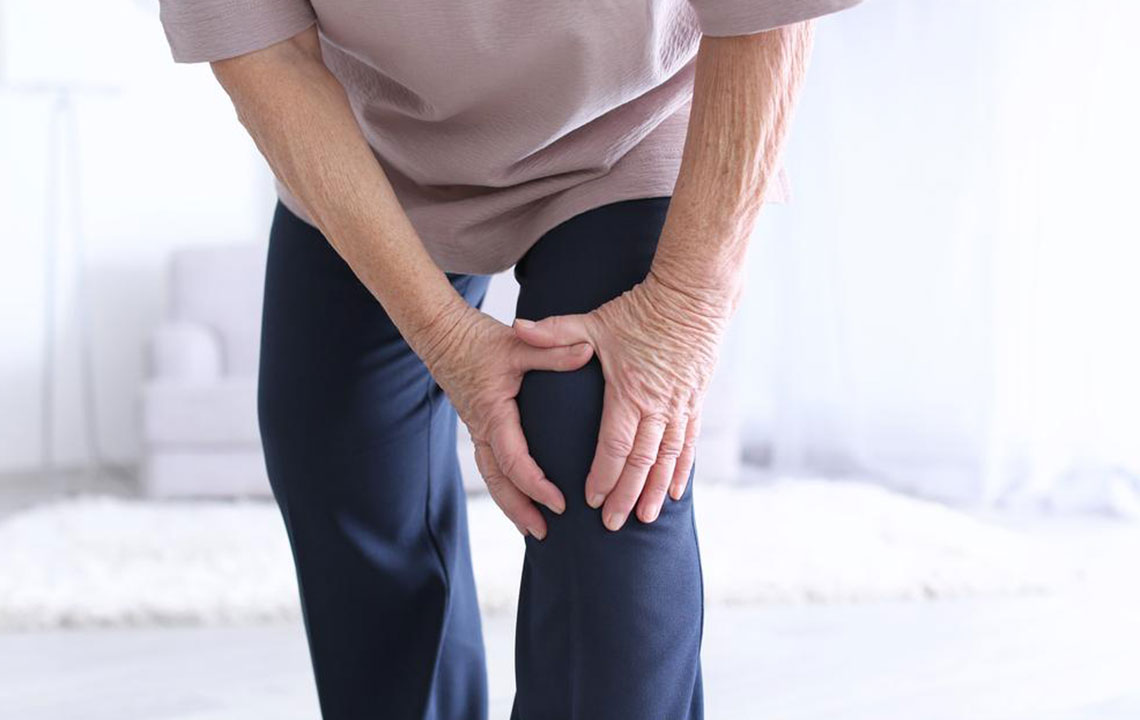What You Need to Know about Osteoarthritis of the Knee
Osteoarthritis Of The Knee
The knee is one of the most important and crucial joints in your body. The knee is the joint bears the weight of the entire body and should be kept in good health. The knee ensures that the person can stand in an upright position, and is adequately active and functional.
Unfortunately, the knee joint is also one of the most common joints to be afflicted with osteoarthritis.

Research shows that there could be a number of reasons for osteoarthritis of the knee. Obesity is one of the most common reasons for osteoarthritis of the knee. A hereditary disposition for arthritis can also make you prone to this condition. Serious knee injuries and infections can also act as a trigger for osteoarthritis of the knee.
Osteoarthritis Of The Knee: An Overview
Osteoarthritis is one of the common forms of arthritis. It is also known as wear-and-tear arthritis. Osteoarthritis of the knee affects different joints of the body in an adverse manner. The pain and trouble arises from the falling levels of natural cushioning and cartilage present in the joints.
When this cushioning between your joints, which is made of natural fluids and liquids, reduces, the bones of the joints come in closer and more frequent contact with each other.
The natural fluid that acts as a shield is absent to minimize friction from your joints rubbing together. This is what causes pain in your joints. This frequent rubbing of bones can also lead to stiffness, and swelling of the joints. This can cause intense pain even from the smallest of physical movements. In the long run, this state could also lead to bone spurs.
Osteoarthritis of the knee can affect anyone, But in most case, we see that it affects people who are above the age of 45. The Arthritis Foundation reports that nearly 75% of people who have arthritis are affected by pain in their knees. Women have a greater likelihood to develop this problem as compared to men.
Osteoarthritis Of The Knee: Causes
Aging is one of the primary reasons for osteoarthritis of the knee. This is because the wear and tear of the body with age and your body repairs itself slower as you grow old. Hence the joints tend to become weak.
Additionally, there can be a large number of other reasons that can cause this ailment. A number of other triggers for osteoarthritis of the knee is being overweight, hereditary tendencies, being a woman, a history of knee injury, or other ailments can lead to osteoarthritis of the knee in adults.
Osteoarthritis Of The Knee: Symptoms
The following are some of the common symptoms of osteoarthritis of the knee:
- A searing pain in your knees when you’re physically active. Once you get some rest, the pain will subside a little
- Severe knee swelling
- A warm sensation in your knees
- Stiff knees and associated pain, when you wake up in the morning, or after a long nap. A similar stiffness could occur if you are seated for a long time.
- Creaking sounds from your knees.
- Movement of your knees will become painful and difficult. As a result, simple activities like walking up and down the stairs will become difficult.
Osteoarthritis Of The Knee: Treatment
Osteoarthritis of the knee is actually quite a common problem that is on the rise now. There are a number of ways to treat the problem. Let’s take a look at these methods.
- Weight management – This is one of the most common remedies that doctors and medical practitioners will recommend. This will ensure the load on your knees is as low as possible.
- Physical exercise – Regular physical exercise is one of the best ways to keep the body healthy, fit, and trim. Physical exercise also ensures that the muscles and the joints stay lubricated.
- Anti-inflammatory drugs and painkillers – Over-the-counter drugs like ibuprofen, acetaminophen, and naproxen can be quite effective. However, you must not take these medications for more than a period of ten days without a doctor’s prescription.
- Steroid injections – Steroid injections can also be effective in treating joint issues.
- Braces – Unloader, and support braces are two different designs of braces that can give effective relief from knee joint pain.
- Surgery – This is the last resort to provide respite from knee joint problems. It is not meant for all age groups. People with cardiac and blood sugar problems could face other complications with surgery.
Osteoarthritis of the knee is not uncommon. If you are still young, you should ensure to eat a healthy diet with enough calcium, more so if there is already someone in your family who suffers or has suffered from osteoarthritis. Treatment is available, but prevention is always a better choice.